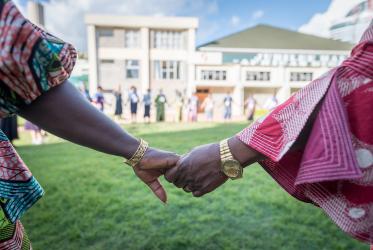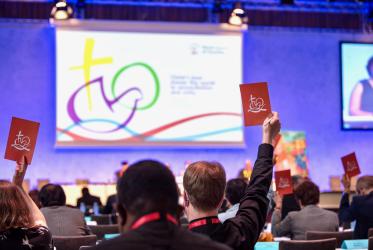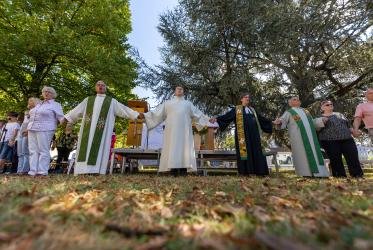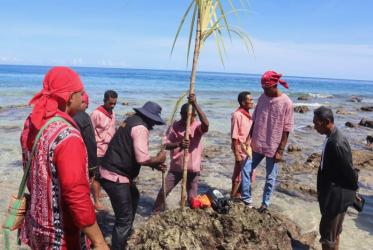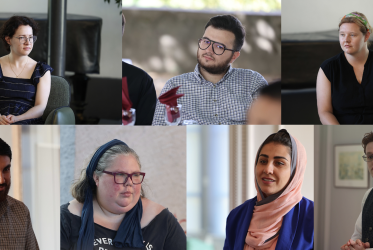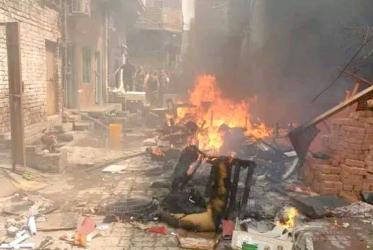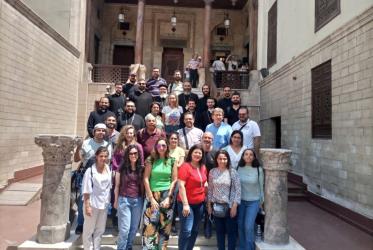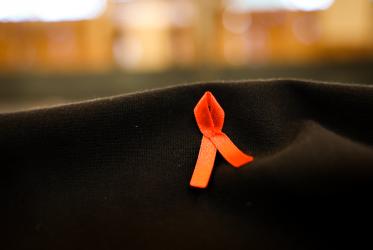Displaying 141 - 160 of 1257
08 September 2023
Celebratory event discusses Black leaders’ contributions to WCC
06 September 2023
Remembering the WCC 11th Assembly: one year later
31 August 2023
African Christians underscore crucial role of ecumenism
23 August 2023
Ecumenism in the Philippines means hope and resilience
22 August 2023
WCC invites global fellowship to mark 75th anniversary
17 August 2023
Ecumenical International Youth Day 2023 Toolkit
Young People and Their Voices from the Warzones
26 July 2023


